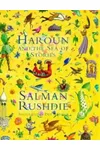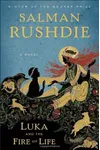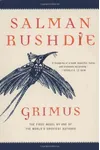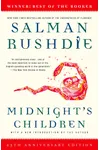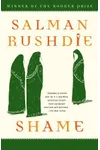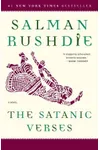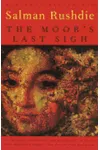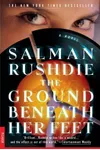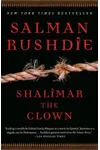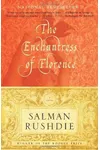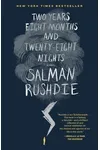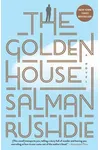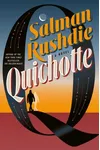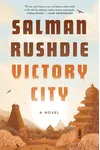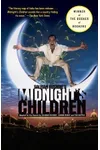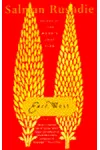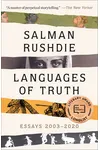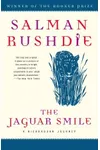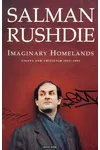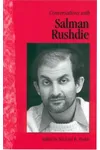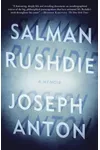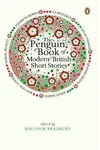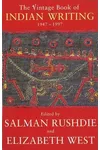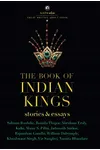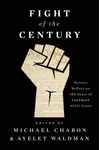Picture a British Indian storyteller who wove magic realism into global literature—meet Salman Rushdie! Born in Mumbai in 1947, Rushdie’s provocative novels, from the Booker Prize-winning Midnight’s Children to the controversial The Satanic Verses, have captivated and challenged readers worldwide. His life, marked by literary triumphs and a historic fatwa, is as gripping as his stories.
Rushdie’s work blends history, myth, and sharp wit, redefining contemporary fiction. Surviving years in hiding, he emerged as a fearless voice for freedom of expression, earning a knighthood and a lasting legacy. Let’s dive into the world of this literary giant!
The Making of Salman Rushdie
Born into a prosperous Muslim family in Mumbai, Salman Rushdie grew up surrounded by stories. His father, a businessman, and his mother, a teacher, nurtured his love for literature. Educated at Cambridge University, Rushdie soaked up influences from Western and Indian traditions, shaping his unique voice. After working as an advertising copywriter in London, he burst onto the literary scene with his second novel, Midnight’s Children, in 1981, a dazzling tale that won the Booker Prize and launched his global fame.
Salman Rushdie’s Unforgettable Stories
Rushdie’s novels are a whirlwind of magic realism, political commentary, and cultural fusion. Midnight’s Children follows Saleem Sinai, born at the stroke of India’s independence, whose life mirrors the nation’s turbulent history. This sprawling epic blends humor and heartbreak, earning Rushdie the Booker of Bookers. In 1988, The Satanic Verses sparked global controversy for its bold exploration of faith and identity, leading to a fatwa from Iran’s Ayatollah Khomeini, forcing Rushdie into hiding for nearly a decade.
Other gems include Shame (1983), a satirical take on Pakistani politics, and The Moor’s Last Sigh (1995), a vibrant family saga. Rushdie’s style—rich, playful, and layered with allegory—tackles themes like migration, religion, and the clash of East and West. His prose dances between the fantastical and the real, inviting readers to question history and power.
Even after the fatwa, Rushdie never stopped writing. Later works like The Ground Beneath Her Feet (1999) and Knife (2024), a memoir reflecting on a near-fatal 2022 attack, show his resilience and range. Translated into dozens of languages, his books continue to inspire and provoke.
Why Salman Rushdie Matters
Salman Rushdie’s impact transcends literature. His fearless storytelling challenges censorship and champions creative freedom, resonating with writers and readers globally. By blending Indian and Western narratives, he’s expanded the scope of contemporary fiction, making it more inclusive and dynamic. His survival of the fatwa and continued output symbolize the power of words over silence, cementing his role as a cultural icon.
Rushdie’s influence extends to academia, where his works are studied for their postcolonial and postmodern themes, and to pop culture, where his ideas spark debate. His knighthood in 2007 and numerous awards affirm his place in literary history.
- Born: June 19, 1947, Mumbai, India
- Key Works: Midnight’s Children, The Satanic Verses, Shame, Knife
- Awards: Booker Prize (1981), Booker of Bookers (1993), Knighthood (2007)
- Fun Fact: Rushdie once appeared in a cameo in the film Bridget Jones’s Diary!
About Salman Rushdie
Ready to explore a literary legend? Grab Midnight’s Children and dive into Salman Rushdie’s magical, thought-provoking world!
